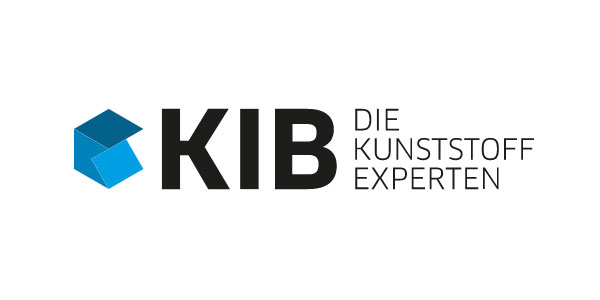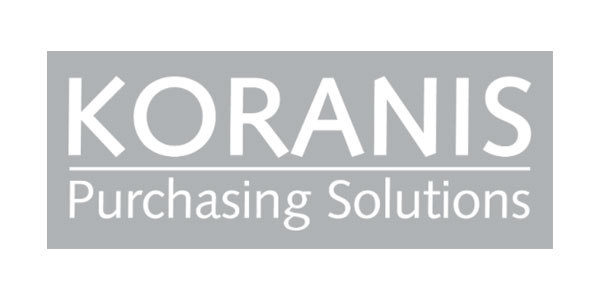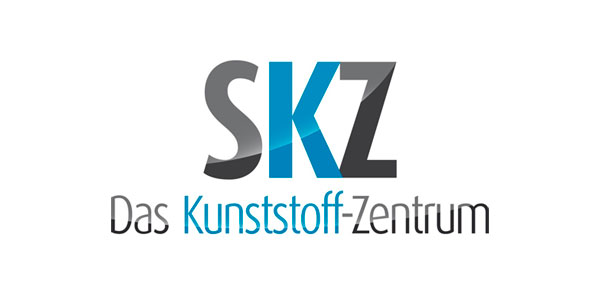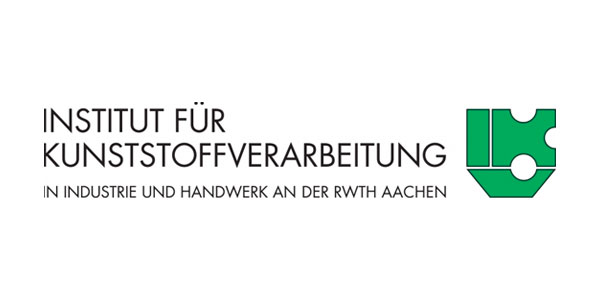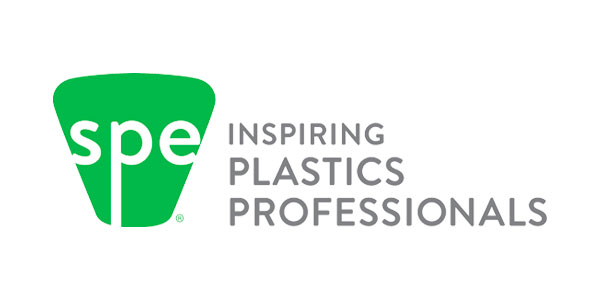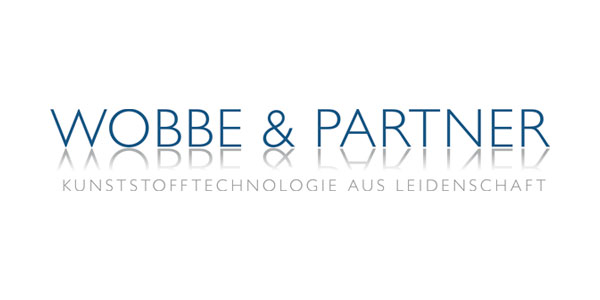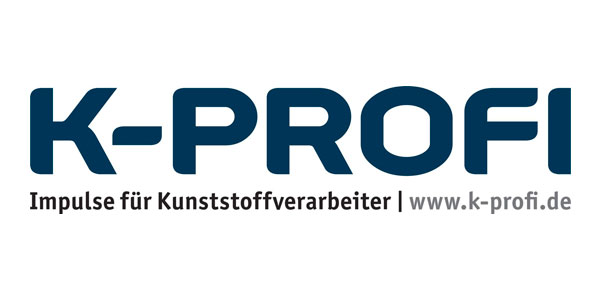
Safe new start-ups take time, especially in medical technology!
I find the current discussions among politicians and virologists about delays in the supply of Corona vaccines more than unfortunate. In our industry, when new car models or medical products are to be launched, it is assumed that it will take years of advanced planning to guarantee a secure long-term supply to the market. But when it comes to the distribution of vaccines, it is supposed to work flawlessly within a few months?!
I remember very well the high-speed ramp-up of the production of a new mobile phone back in the days when there were still mobile phones from Siemens and Nokia. These extremely short-lived products were given to the manufacturer with the directive that within six months production should be up and running for about 500,000 cases following the design freeze. At that time, there were still several companies in Germany that were able to do this for the various major customers. I was able to follow a project for instance, where a new production hall was built, 21 new injection moulding machines were bought and over 40 injection moulds were built. All this preliminary work was manageable. The key, however, was the successful installation of a completely newly developed assembly line that was to join the complete housing of the mobile phone from 19 individual components. In the end, various initial bugs led to a much slower delivery to the market than planned.
The customers were understanding when it came to all the delays as long as they saw that exhaustive work was being done to solve the problems. As a rule, it was technicians on the customer side who were aware of their company’s ambitious goals and served as interpreters to marketing and sales, so to speak. In the end, they were able to jointly celebrate the successful market delivery with a delay of “only” two months, which did not detract from the success of the design. Despite all the effort, these designs usually only operate for only one year. After that, the cycle starts all over again. This is what is technically possible. However, different rules apply to medical devices.
The qualification and validation of new processes in medical technology are most strictly defined and regulated. Even a small change in the formulation of an already approved mass-produced item requires numerous risk analyses, tests and verifications before it is allowed to enter the market.
Due to the time standardised test series take, one has to wait months or years for certification of the notified bodies alone. Only then are the approvals sufficient for entering the market. I wish that in every discussion about the “incompetence” of the large vaccine manufacturers, technicians and experts who are familiar with such production processes and could at least promote some understanding would have, for once, their input heard. After all, we all want to be injected with products that are manufactured safely and are not “good” by mere chance. Here, new products are introduced to the market, some of which are (or supposed to be) processed through completely new filling lines with the highest hygiene requirements in order to increase the output quantities. The installation, qualification and validation of such new equipment typically take years!
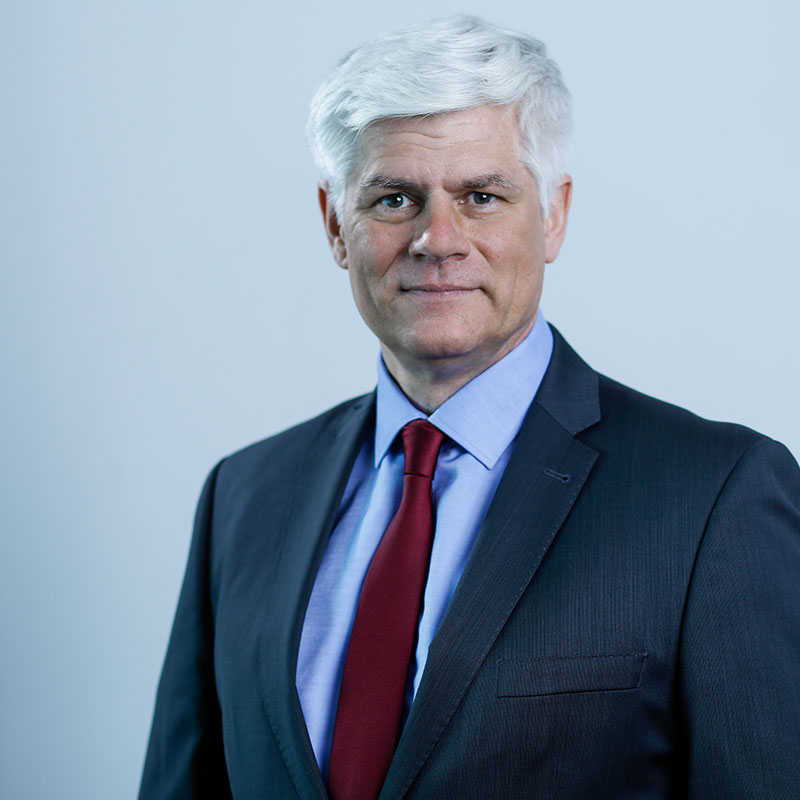
Dr. Arno Rogalla ist Autor der monatlich erscheinenden Kolumne im K-Profi
Sie finden meine Sichtweise interessant und haben vielleicht eine eigene Meinung?
Ich freue mich auf einen Austausch. Sprechen Sie mich gerne an.
Im Netzwerk teilen:

